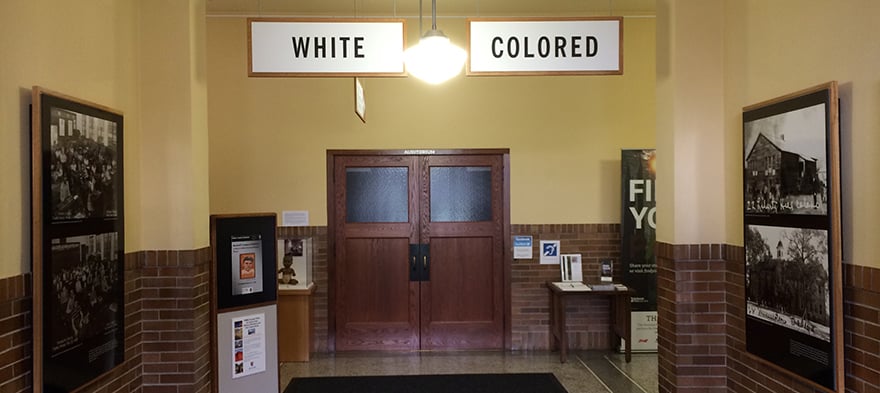
Jan 20, 2017 12:00:00 AM
Dirk Tillotson is the founder and executive director of the nonprofit Great Schools Choices, which supports community-based charter school development and increasing access for underserved families. He has worked for over 20 years supporting mostly charter community schools in Oakland, New Orleans and New York City, and he’s even consulted on education issues in the Middle East. As a child, his parents moved their family to a high-performing school district where they were the first Black family on the block. The challenges of that experience embedded in him a desire to create academically high-quality schools where students don’t have to check their identities at the door. Dirk currently resides in Oakland, California, and blogs at Great School Voices.
Few issues in education spark more tension and debate than standardized testing. Are they a tool for equity or a burden on students? A necessary check on school systems or a flawed measure of...
Charter schools are public schools with a purpose. Operating independently from traditional school districts, they're tuition-free, open to all students, and publicly funded—but with more flexibility...
Despite the benefits of a diverse teaching force, prospective teachers of color fall out of our leaky preparation pipeline at every stage: preparation, hiring, induction, and retention. Here’s what...
Ed Post is the flagship website platform of brightbeam, a 501(c3) network of education activists and influencers demanding a better education and a brighter future for every child.
© 2020-2025 brightbeam. All rights reserved.
Leave a Comment